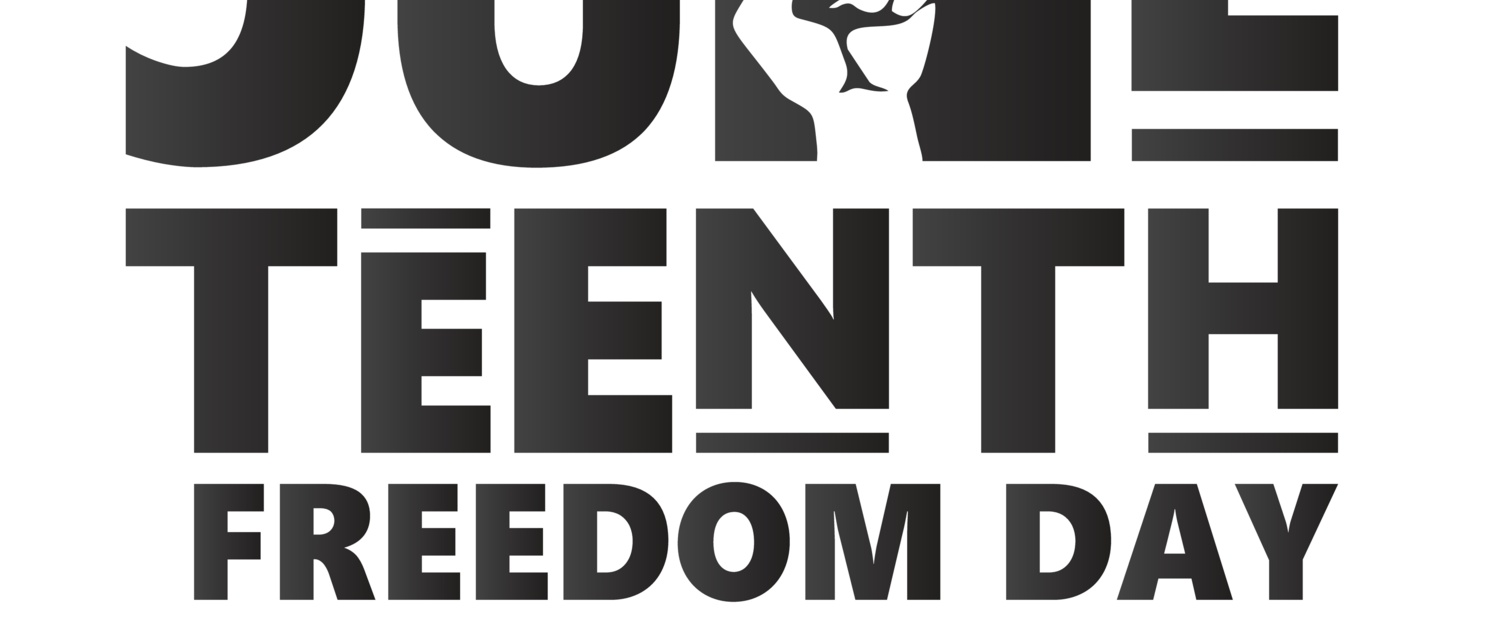Juneteenth
- questioning, transgender, trans, lesbian, queer, gay, LGBTQ
- Resources for Parents, Guardians, Families, Resources for Professionals, Resources for Teens and Young Adults
Juneteenth: Why do we celebrate?
-
Juneteenth, also known as Freedom Day, is the oldest nationally celebrated observance of ending slavery in the United States. Juneteenth celebrates African American freedom.
-
People celebrate to honor the ancestors that came before them.
-
Connection: Celebrating with others who get it– the struggle that comes with being black in America but also celebrating your blackness with others.
What does a Juneteenth celebration look like?
- For some, the celebration of Juneteenth is a day, a week, or a month-long event marked with celebrations, picnics, barbecues, cookouts, setting off fireworks, and family/friend gatherings.
- Many see Juneteenth as not only a day to celebrate the ending of slavery in the United States, but as a day to reflect and rejoice. Many people see Juneteenth as a day to start looking ahead and planning for the future.
- Some celebrate by shopping at only black-owned businesses, sharing history in person or online, or taking time to rest and recover.
- Some people celebrate Juneteenth in parks with historical racial significance; enjoying nature instead of being policed or wronged.
- In cities all across America, people of all different races, nationalities, religions, and cultures come together to acknowledge and recognize a period in our history that influenced us then and continues to influence our country today.
What are some ways I can celebrate as a white person?
-
Study black history, black poets, black leaders, and black achievements.
-
Don’t be a bystander, if you witness racism, be an ally and do something about it. Don't be afraid to speak up.
-
Make a list of vows to yourself: How will you use your privilege to uplift black voices? How will you use your privilege to advocate for change?
-
Don’t use the excuse of “I’m uncomfortable,” when it comes to having conversations surrounding racism and discrimination.
-
Recognize your privilege and what advantages you have as a white person in America.
-
Listen: Take the time to listen to your black friends' voices. Hear their frustrations and ask yourself what you can do with your privilege to help.
-
Don’t be afraid to call yourself out: Recognize any stereotypes, judgments, or beliefs you have about black people. Don’t be afraid to acknowledge it and work on dismantling these beliefs.
Juneteenth Facts:
-
Juneteenth, AKA Freedom Day, has been celebrated in the United States for more than 150 years.
-
Juneteenth is rooted in Texas, where enslaved African Americans from Galveston were informed of their freedom on June 19, 1865, two years after President Abraham Lincoln issued the Emancipation Proclamation on January 1, 1863. The proclamation declared "that all persons held as slaves" within the rebellious states "are, and henceforward shall be free".
-
Former Gov. Andrew Cuomo of New York signed an executive order making Juneteenth a holiday for State employees.
-
Forty-seven states and the District of Columbia officially celebrate or observe Juneteenth.
-
Texas was the first state to make Juneteenth a holiday in 1980.
Why is Juneteenth a tough time for some?
Racism and discrimination are still very real in the United States. Black people are still fighting for equal rights and equity in not only labor, but healthcare, housing, education, and more. Juneteenth becoming more nationally recognized doesn’t erase why we are celebrating. Black people were enslaved and still struggle to be seen as equal. Celebrations don’t erase that, and for many, that’s a hard reality of finding joy in. For some, a day off from work and recognition feels like a quick-fix solution. Many want to see policies and laws put into place to protect and uplift black voices.
Juneteenth can be a day that is full of many intense emotions to reflect on. Although this day is a day that many rejoice in, many people feel like in addition to generational trauma, they are still fighting the same fight from centuries ago: systematic oppression, racism, and discrimination.
References:
https://www.nytimes.com/article/juneteenth-celebration-history.html
https://www.nytimes.com/article/juneteenth-day-celebration.html
About the author: Hi, my name is Katarina, but please feel free to call me Kat or Rin! My pronouns are she/her! My work resides in both healthcare and advocacy. As a former youth with lived experience, one of my biggest goals is to uplift youth voices within the child welfare system and influence policy to reflect better outcomes for youth in care. A lot of my passions surround everything related to the art of storytelling! I love acting, singing, writing, and reading in my spare time. I sing, play the guitar, and play the piano by ear.
